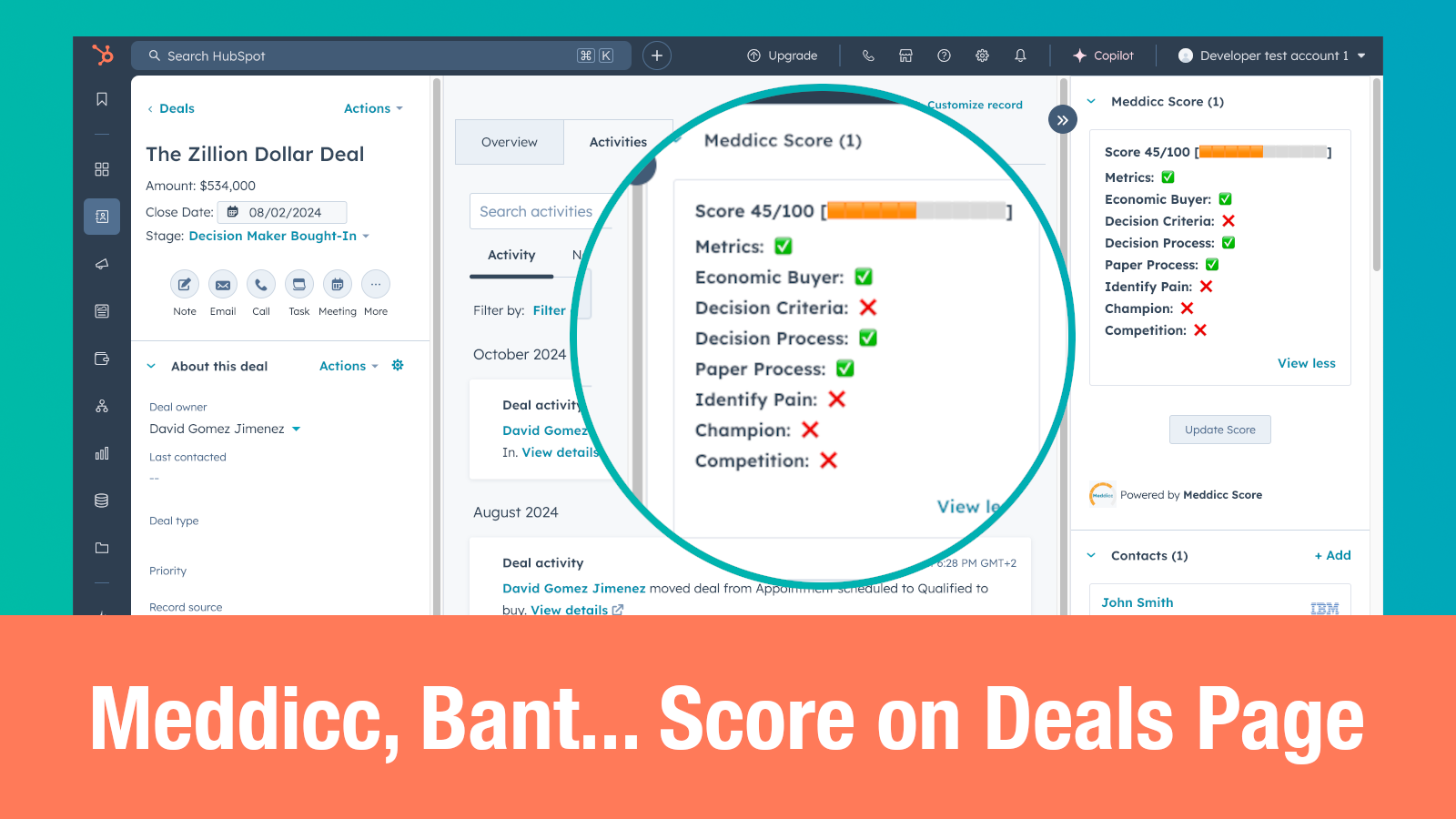Effective Pipeline Management: Strategies to Keep Your Sales Funnel Flowing
In the world of sales, effective pipeline management is crucial to ensure a consistent flow in your sales funnel. A well-structured pipeline helps identify potential bottlenecks and enhances the efficiency of your sales strategies. Whether you’re a seasoned salesperson or just starting, mastering pipeline management can significantly boost your success rates. Here are some insights and strategies to optimize your pipeline management and keep your sales funnel flowing smoothly.
Understanding Pipeline Management
Before diving into the strategies, let’s clarify what pipeline management entails. Pipeline management refers to the process of overseeing and optimizing the various stages of your sales funnel from lead generation to closing deals. It involves analyzing current prospects, forecasting future sales, and ensuring that no potential customer falls through the cracks.
Top Strategies for Effective Pipeline Management
1. Regularly Review Your Sales Funnel
Consistent evaluation of your sales funnel enables you to identify which stages are thriving and which require adjustments. Implement a schedule for reviewing your pipeline, such as weekly or bi-weekly meetings, to assess prospects’ progression and diagnose issues early.
2. Implement a CRM System
Utilizing a Customer Relationship Management (CRM) system can streamline your pipeline management. A good CRM centralizes all customer interactions, tracks progress, and automates follow-ups, making it easier to see where each prospect is in your sales funnel. This leads to more accurate forecasting and better-aligned sales strategies.
3. Qualify Your Leads Effectively
Not all leads are created equal. Spend time developing a lead scoring system that ranks leads based on their likelihood of conversion. This allows your sales team to prioritize their efforts effectively, focusing on leads that are more likely to succeed while nurturing others appropriately.
4. Maintain Consistent Communication
Keeping in touch with your prospects is vital for effective pipeline management. Regular check-ins, personalized emails, and value-driven content help maintain the relationship and keep prospects engaged. A well-timed message can help reignite interest if a lead has gone cold.
5. Analyze Your Sales Data
Data-driven decision making is key to refining your sales strategies. Regularly analyze metrics such as conversion rates, average deal size, and sales cycle length to understand your pipeline’s health. Use these insights to tweak your approach and improve your sales funnel’s performance continuously.
6. Nurture Relationships Post-Sale
Effective pipeline management doesn’t end once the deal is closed. Focus on the post-sale relationship through follow-ups and customer satisfaction surveys. Happy customers can lead to referrals and repeat business, ultimately strengthening your sales funnel.
Conclusion
Effective pipeline management is essential for keeping your sales funnel flowing and ensuring your sales strategies yield fruitful results. By implementing these strategies, such as regular reviews, CRM utilization, lead qualification, and data analysis, you can significantly enhance your sales process. Remember, the key to success is monitoring your pipeline regularly and adapting your strategies as necessary.
By investing time and resources into pipeline management, you can create a more efficient sales funnel that not only meets but exceeds your sales targets. Start implementing these strategies today and watch your sales funnel thrive!




